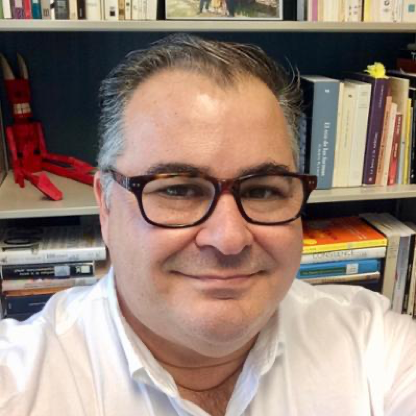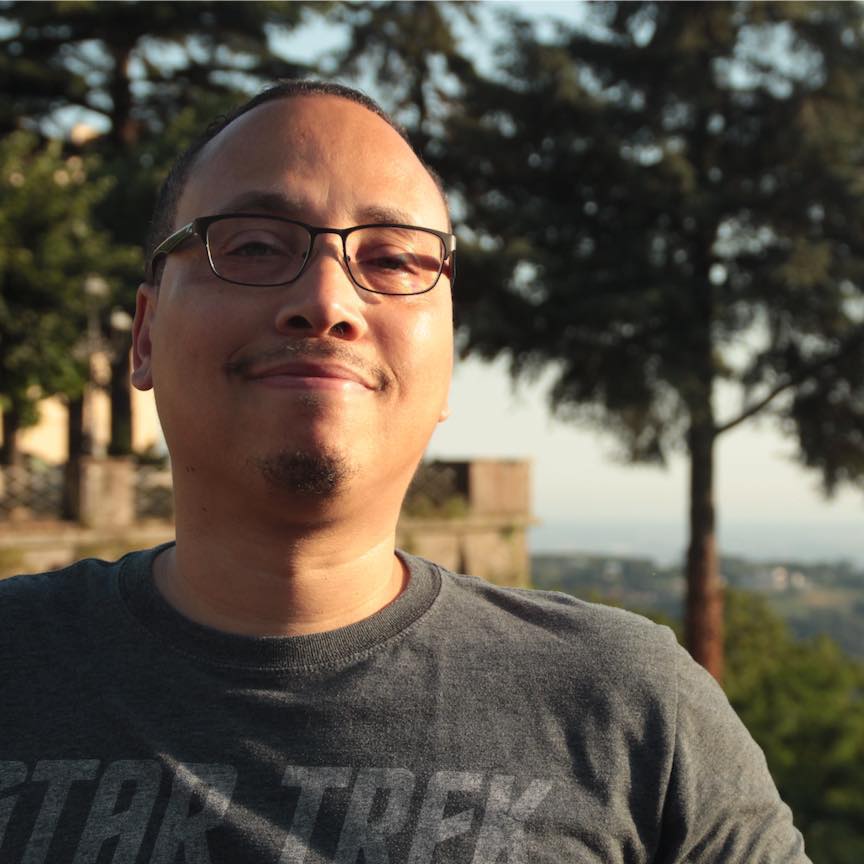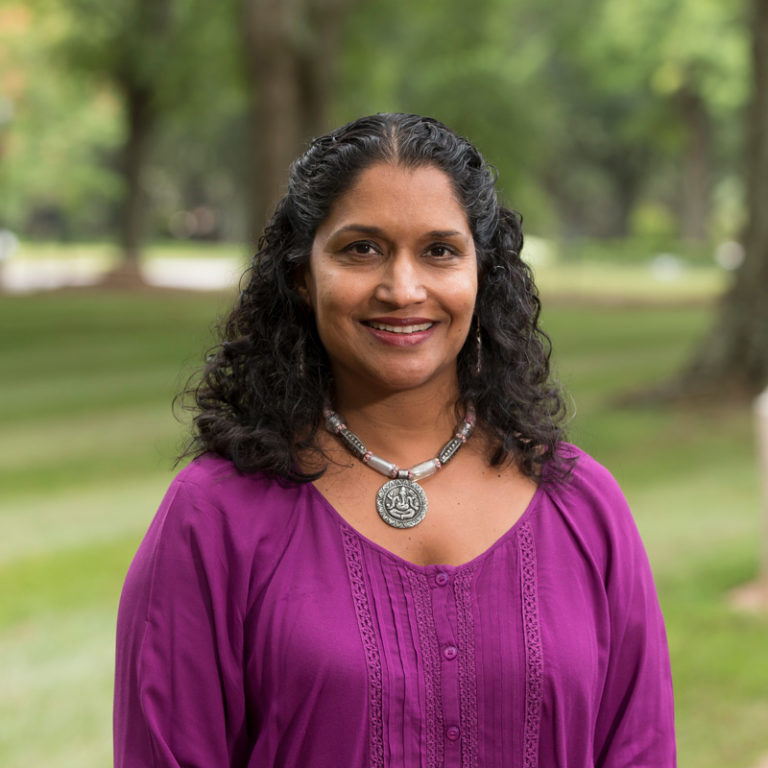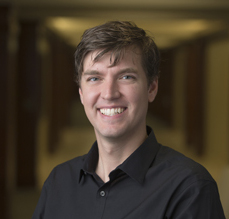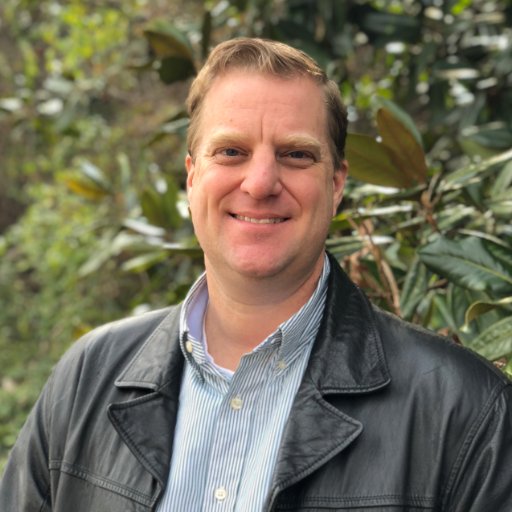
Tolle, Lege* (“Take, Read”)
Furman University Public Humanities Lecture Series, Summer 2020
* Augustine of Hippo writes, in his Confessions, that at a critical moment in his life, he heard a child’s voicing chanting the Latin phrase tolle, lege, “take; read”. Wandering over to his scroll of scripture, he picked a passage at random, read it, and found enlightenment. We are offering this selection of organized thoughts from some of Furman’s most illustrious professors of the Humanities to divert, delight, and enlighten our community in small ways or great ways, during this difficult summer.
Look below to request access to live Question & Answer sessions with each of the lecturers!
This effort has been a collaboration among Furman Humanities Faculty representing the Departments of English, Religion, History, Asian Studies, Classics, and Modern Languages and Literatures, with support from the Furman Humanities Center, under the Directorship of Dr. Michele Speitz, and the Osher Lifelong Learning Institute (OLLI) under the Directorship of Nancy Kennedy.
